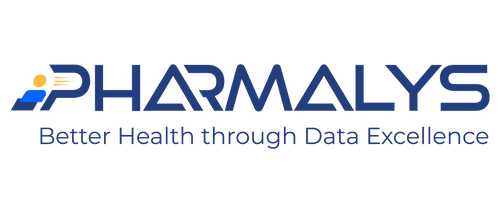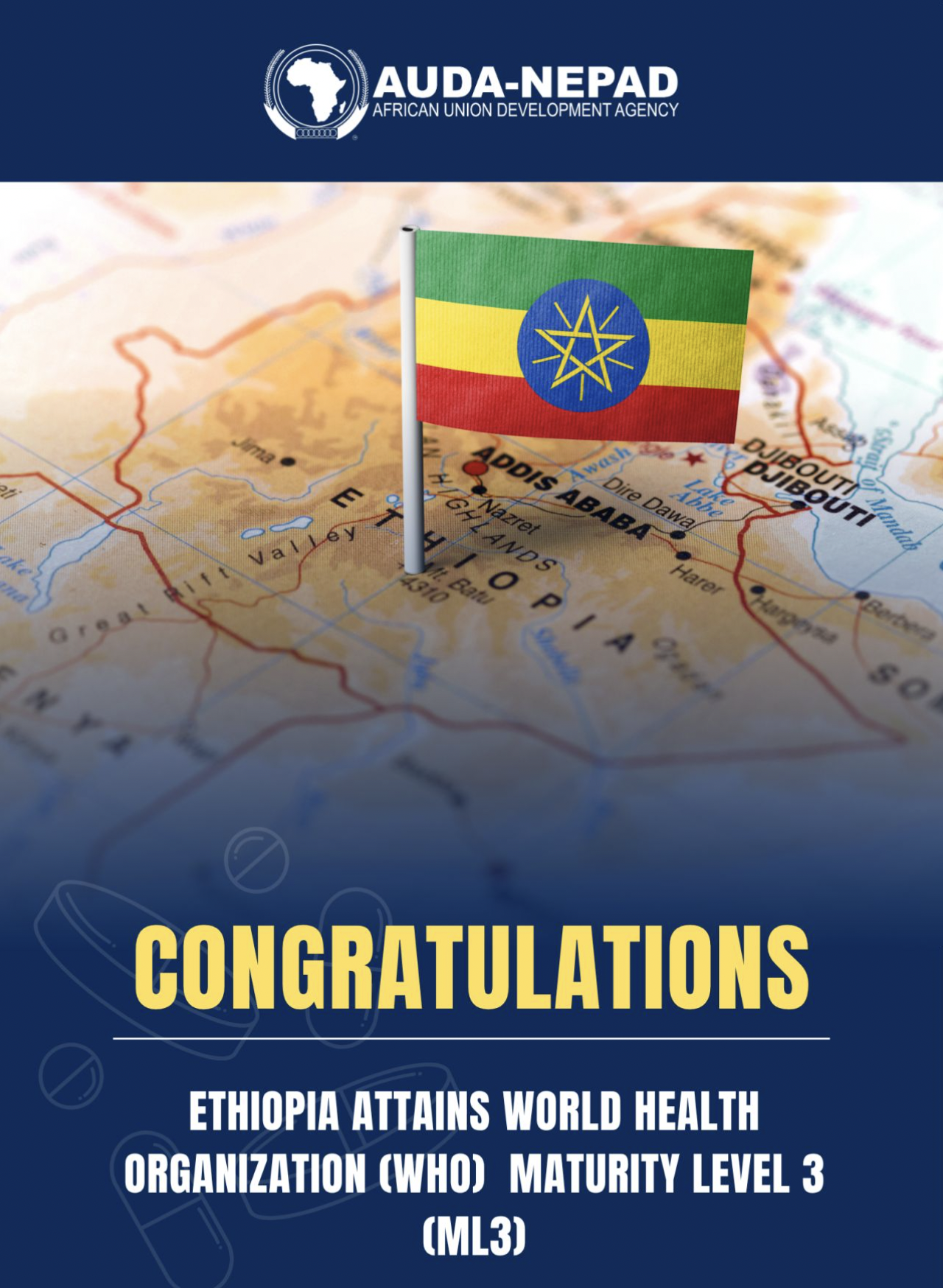Breast cancer remains the most common cancer among women worldwide. In the United States, statistics suggest that one in eight women will receive a diagnosis in her lifetime. In 2025 alone, it is estimated that 316,950 women and 2,800 men will be diagnosed with invasive breast cancer, with an additional 59,080 new cases of non-invasive breast cancer.
While these figures are sobering, there is progress. Early detection significantly improves outcomes. In the US, women diagnosed with localised breast cancer have a five-year survival rate at 99%. Today, over four million breast cancer survivors serve as a testament to the life-saving impact of awareness, early diagnosis and effective access to treatment.
However, the situation in many parts of the world is far more challenging
The African continent is experiencing a breast cancer crisis, with the highest mortality rates globally. Between 60 and 70% of women in African countries are diagnosed at advanced stages, when treatment is more difficult and less effective. In sub-Saharan Africa, half of women diagnosed with breast cancer survive for five years. In high-income countries, that figure exceeds 90%.
The reasons are clear. Early detection is hindered by low awareness and limited access to diagnostic and treatment services. Across many African nations, a single oncologist may care for between 500 and 1,000 patients (up to four times the recommended ratio). For many women, the barriers are not only medical but social. Fear, stigma and financial hardship often delay or prevent them from seeking help.
In this time of challenge, African women are stepping forward to lead change
Launched during Breast Cancer Awareness Month in 2024, the Africa Breast Cancer Council brings together a group of influential leaders – healthcare professionals, oncologists, former ministers, economists and First Ladies – united by a single goal: to change the future of breast cancer care in Africa.
The Council works to drive systemic reform. It aims to make breast cancer a national health priority, strengthen collaboration across governments and institutions, and advocate for scalable, sustainable solutions that improve survival rates for women across the continent.
Dr Magda Robalo, Council member and President of the Institute for Global Health and Development, said:
“Most African women with breast cancer are diagnosed too late and, even after a diagnosis, many do not receive the treatment they need. This egregious injustice is utterly preventable.”
Breast cancer is a global issue, but outcomes should not depend on where a woman lives. This Breast Cancer Awareness Month, the message is simple: awareness saves lives, but access and equity keep them alive.
https://www.nationalbreastcancer.org/breast-cancer-facts/
https://africabreastcancercouncil.org/
https://africa.roche.com/stories/africa-breast-cancer-council











